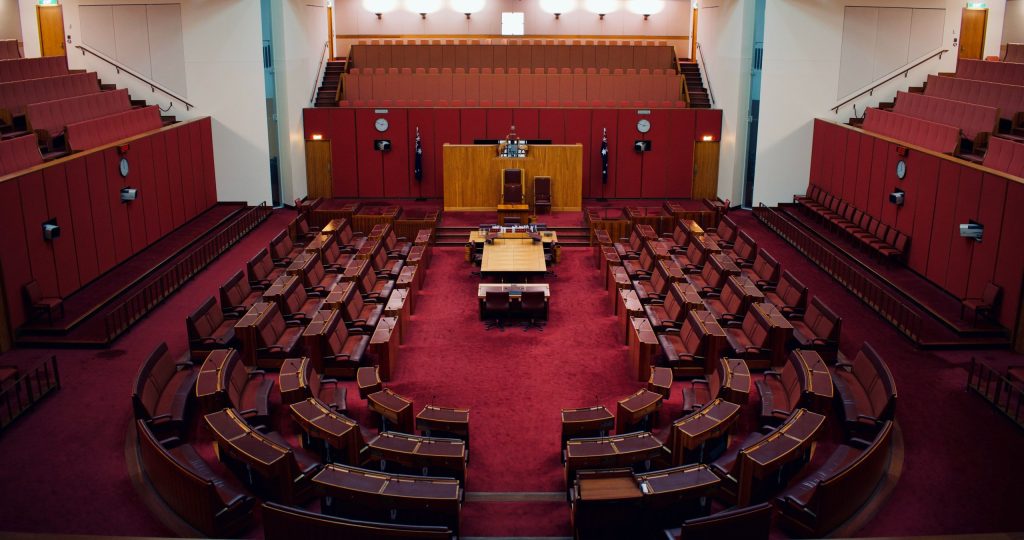While the White House tries to finish a long-awaited action that will also restrict investment in highly targeted sectors, two US senators are drafting legislation to oversee China investments.
The Outbound Investment Transparency Act, which Democratic Senator Bob Casey and Republican Senator John Cornyn presented late on Thursday as an amendment to a military bill, is the newest piece of bipartisan legislation designed to address the dangers of US investment moving to foreign foes like China.
The most recent legislation, in contrast to an unsuccessful version the senators introduced in 2021, targets fewer industry sectors and only calls for notification of some export investments rather than review or restriction of specific agreements.
While this is going on, the Biden administration is putting the finishing touches on an executive order that would also limit some investment in industries like sophisticated semiconductors, quantum computing, and artificial intelligence.
The goal, according to a senior administration official who spoke anonymously, is to complete the legal and other reviews of the outbound investment order by Labor Day.
Read Also :State, Commerce Departments, Microsoft: Chinese Hackers Infiltrate Networks, US Authorities Disclose
Senators Submit Proposal To Ban Tech Exports to China As Amendment

According to Reuters, in February, the proposed ban was likely to follow limits on supercomputers, artificial intelligence processors, and chip-making equipment that had been placed on exports to China in October.
It was anticipated that the order, which has been repeatedly delayed, would also call for notice for a wide range of transactions.
The proposed proposal from the senators was submitted as an amendment to the National Defense Authorization Act.
Although the NDAA was approved by the US House of Representatives on Friday, Republicans’ addition of a number of socially conservative amendments made it unlikely that it would become law.
On Tuesday, the Senate will begin debating its version of the necessary legislation. After that, a final proposal would need to be worked out before being sent to President Joe Biden for approval or veto.
Read Also: North Korea’s Advanced Solid-Fueled Ballistic Missile Test Sparks Alarming Concern Among Adversaries
Source: reuters.com
